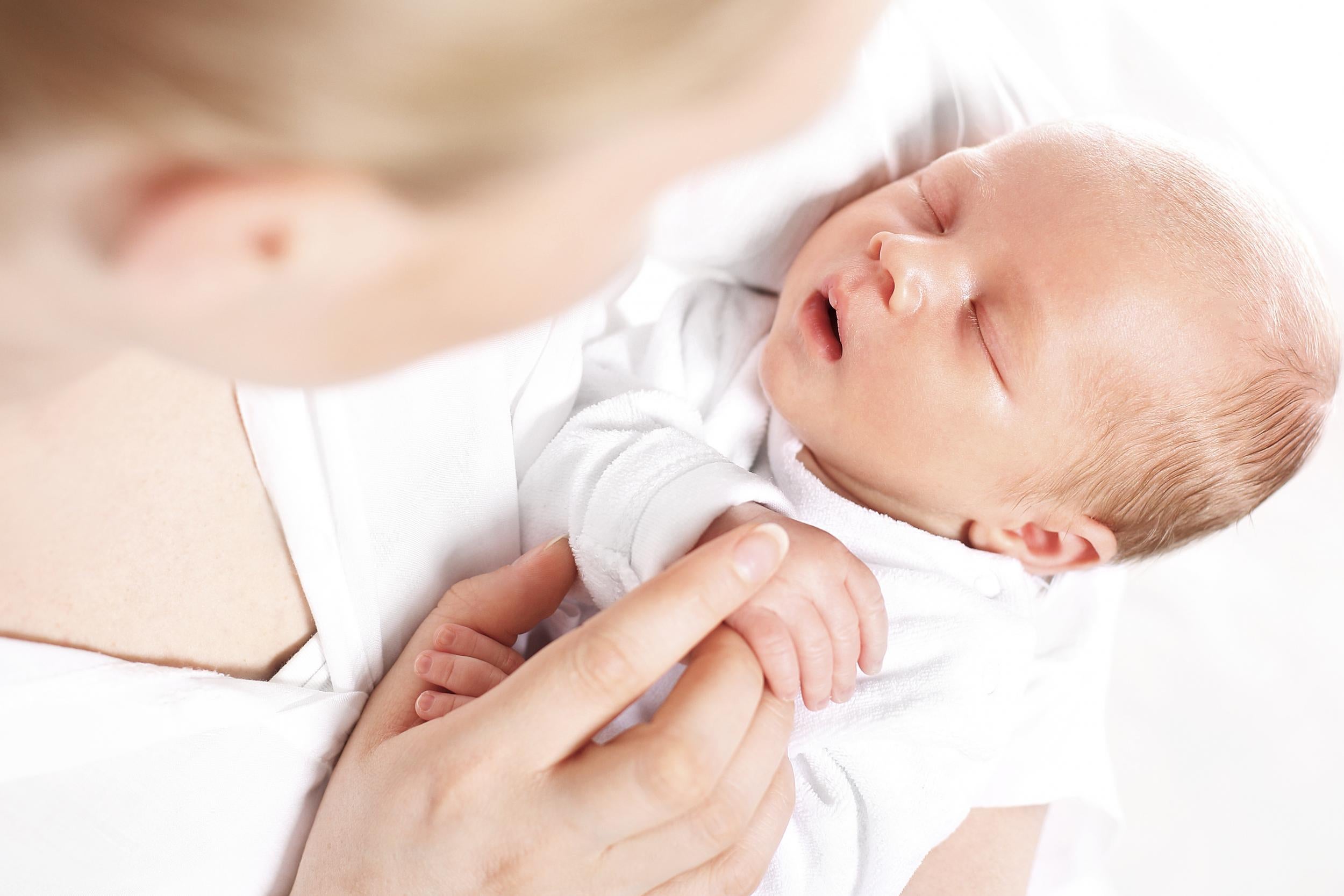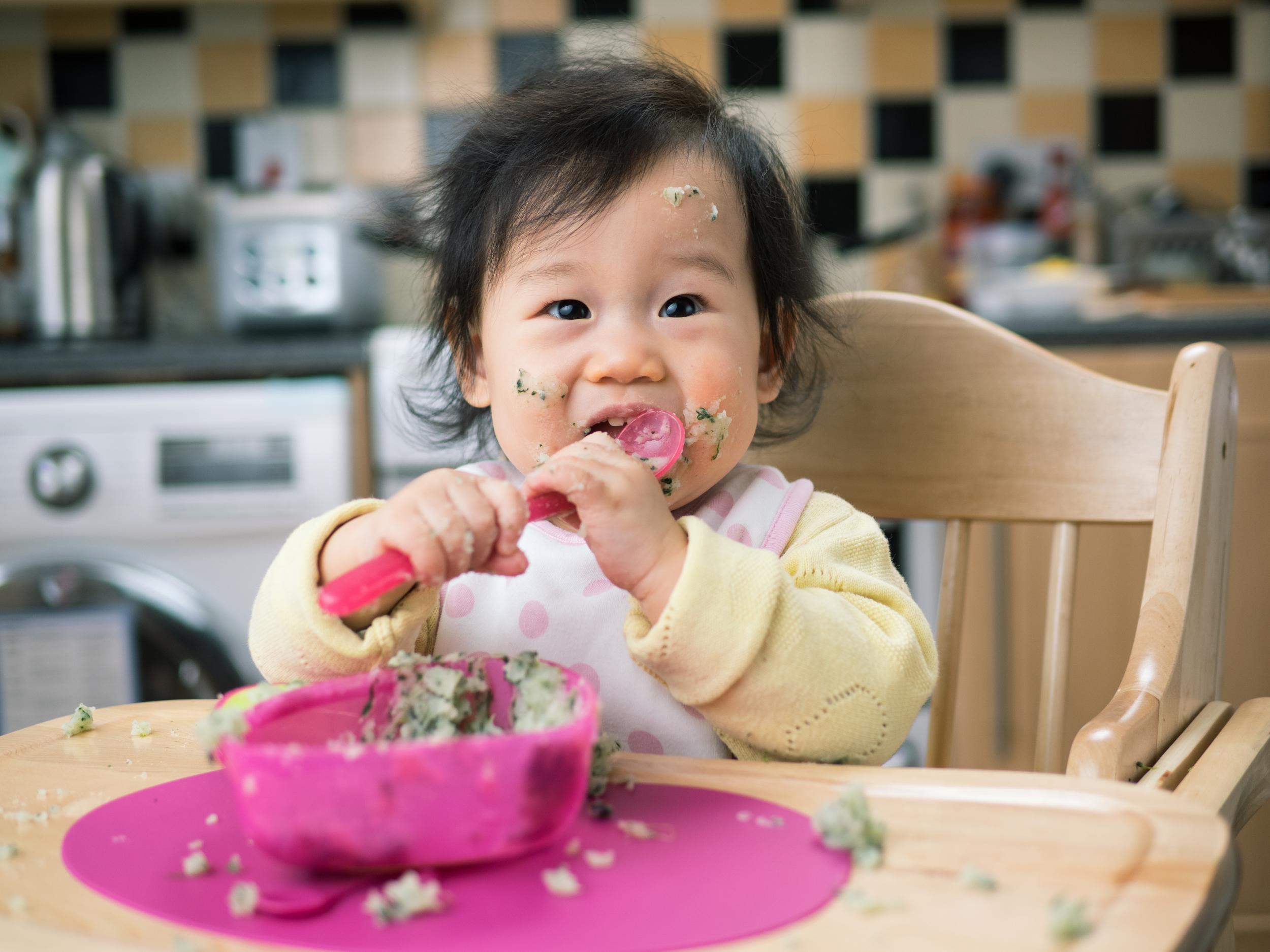The Independent's journalism is supported by our readers. When you purchase through links on our site, we may earn commission.
Five parenting tips from around the world, according to a paediatrician
Dr Lisa Lewis has spent her career learning about different child-rearing techniques

Your support helps us to tell the story
From reproductive rights to climate change to Big Tech, The Independent is on the ground when the story is developing. Whether it's investigating the financials of Elon Musk's pro-Trump PAC or producing our latest documentary, 'The A Word', which shines a light on the American women fighting for reproductive rights, we know how important it is to parse out the facts from the messaging.
At such a critical moment in US history, we need reporters on the ground. Your donation allows us to keep sending journalists to speak to both sides of the story.
The Independent is trusted by Americans across the entire political spectrum. And unlike many other quality news outlets, we choose not to lock Americans out of our reporting and analysis with paywalls. We believe quality journalism should be available to everyone, paid for by those who can afford it.
Your support makes all the difference.Lisa Lewis, a paediatrician and author of "Feed the baby Hummus," first began researching cultural differences in child-rearing techniques 20 years ago.
She told The Independent: “What really got me going was over twenty years ago when I first noticed that there were cultures around the world that put their babies to sleep differently.
“When I was in residency, I was trained to let babies cry it out. But I soon discovered when I moved to Fort Worth, Texas and I was seeing immigrant parents that they were appalled by the idea.”
From there, Dr Lewis began to travel the world and investigate the numerous cultural differences in raising children - and how each of these methods can benefit babies.
What she found was surprising - and shows a clear difference in how cultures around the world rear children.
But, as with most of the tips and techniques on the list, she would never judge or recommend one technique over the other - she just wants to inform parents that there are other options.
These are five tips from around the world that Dr Lewis has come across.
1. Allow your children to sleep with you
When Dr Lewis became a parent herself, she followed her own Lebanese roots and adopted a method of co-sleeping “100 per cent,” where the baby has a separate sleep area, such as a co-sleeper or bassinet, in the same room.
Although the baby is not in the bed with the parents, as that increases the risk of Sudden Infant Death Syndrome, they are right next to them.
However, the method is vastly different from methods parents in the US use to get their babies to sleep.
According to Dr Lewis: “We had bred a culture of 'this is the only way to get your child to sleep' and that is not true,” referring to the cry it out method, where babies are left to cry in a separate bed or room.
2. Feed your baby spices and flavourful food
A common parenting belief is that babies need to eat very bland pureed foods. But from her own travels and studies of parenting techniques around the world, Dr Lewis has discovered that babies can actually eat flavoured food at a very young age.
According to Dr Lewis: “You don’t want to over-spice them because their taste buds are not developed but babies will eat better if you give them something flavourful early on.”
And the science behind raising non-picky eaters is backed by other paediatricians, including Tamara Melton, a dietician and nutritionist at the Academy of Nutrition and Dietetics, who agrees that introducing your children to a variety of food at a young age can prevent them from developing picky eating habits.

To encourage them to try new flavours and spices, Dr Lewis recommends adding in yoghurt and making it not quite as strong.
As long as it is pureed, babies can pretty much eat anything - including hummus.
3. Take a closer look at the products you are using on your baby
Although Dr Lewis admits she is still researching, she is worried about the chemicals babies are exposed to - and what effects these can have on their developing brains.
For Dr Lewis, one of the main concerns surrounds sunscreen which is often scented and filled with chemicals.
Typically relying on a "better safe than sorry" approach in her own practice, Dr Lewis learns from cultures that don’t have these products - and instead rely on options such as Zinc oxide due to its “high safety profile,” or coconut oil.
With these products, none of the ingredients contains chemicals.
4. You can give your baby water
The American Academy of Paediatrics says don’t give babies water but over her period of practice, Dr Lewis said: “I have seen so many mums give them water and feel they need water.
“Maybe they are just making sure the baby is hydrated. Or they feel they need to cleanse the tongue with water.”
For Dr Lewis's practice, she incorporates the cultural difference by recommending new mums give their babies 10 ml twice a day of water - but no more than that.
Although the technique hasn’t been researched, Dr Lewis hasn’t seen any evidence that this amount of water can be harmful to a baby.
5. Teddy bears and other techniques can help lessen separation anxiety
When Dr Lewis was in the UK, she noticed that there is a large “teddy bear culture.”
According to Dr Lewis, especially in France, there is a really large comfort culture surrounding separation anxiety and the use of teddy bears to ease this anxiety.
“Separation anxiety and how babies have trouble separating is huge and knowing that they may need a comfort object,” Dr Lewis told us of child-rearing in the UK.
As children can feel separation anxiety from a young age, “security objects are very important” in certain cultures.
And, Dr Lewis noticed that British people typically keep their childhood teddy bears into adulthood.
But while teddy bear culture is accepted in the UK as normal, other cultures deal with separation anxiety differently - some by not separating from their newborns at all.
In Indonesia and other cultures, they believe “in holding the baby totally in the first year of life,” a technique referred to as extensive holding.
According to Dr Lewis, the belief is that children’s feet should not touch the ground in the first 105 days - which Dr Lewis calls the ultimate nurturing.
“Somebody is always holding the baby. The baby is not left alone or put on the ground or the floor,” she told us.
And as it relates to “parenting philosophies,” Dr Lewis told us: “I’ve always felt a baby can’t be spoiled by holding.”
Overall, Dr Lewis wants parents to know that babies' needs are simple: "Babies need food, healthcare, shelter, and lots of love."
For more parenting tips from around the world, you can buy Dr Lewis’s book "Feed the Baby Hummus: Paediatrician-backed Secrets from Cultures Around the World" here.
Join our commenting forum
Join thought-provoking conversations, follow other Independent readers and see their replies
Comments